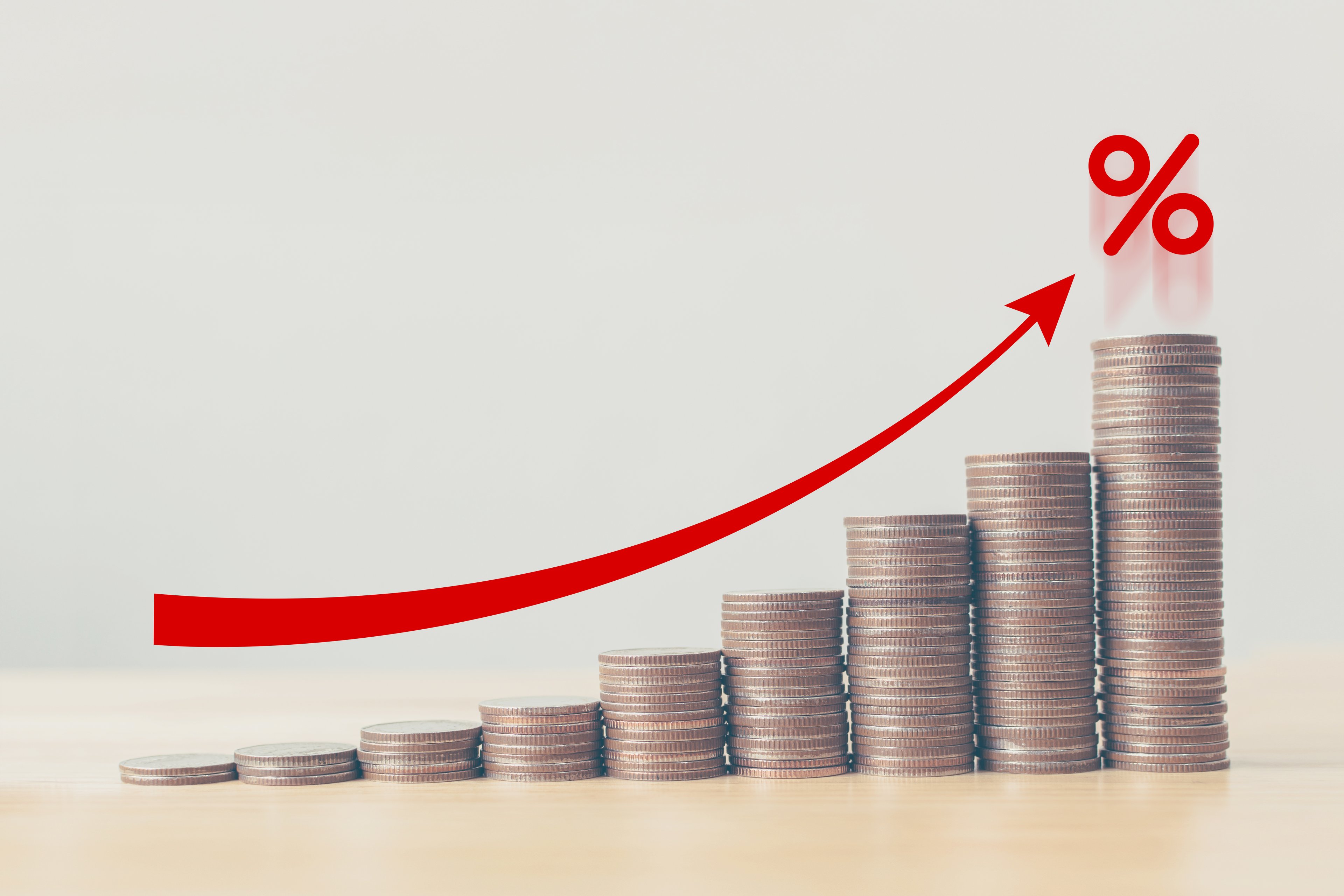Yesterday morning's announcement that Berkshire Hathaway (NYSE: BRK-A) (NYSE: BRK-B) had raised the lower limit on buying back its stock to 120% of book value caused a huge stir in the stock, with share prices rising more than 2% on the day. Yet for many beginning investors, the move was confusing at best. After all, their argument went, why would someone as smart as Warren Buffett, with his acknowledged reputation as a premier value investor, voluntarily pay more than 100% of a stock's value?
The confusion stems from a lack of understanding of what book value is. Like many accounting terms, book value has a meaning that looks simple but is actually far more complicated. As you'll see below, using book value to measure the true worth of a stock can be misleading and even outright dangerous to your financial health. Let's take a closer look.
Understanding book value
In simplest terms, book value represents the shareholder equity left over when you take the value of a company's assets on its balance sheet and subtract its liabilities. That may seem like a perfectly reasonable way to put a value on a company, but it raises another issue: how asset values are listed on a balance sheet.
Typically, assets are initially given a value equal to whatever the company paid for them. Often, that asset's value for financial-statement purposes won't change at all after that until the company sells it. For some assets, adjustments like depreciation or amortization require slow but steady reductions in their value, which tends to push book value downward.
Most notably, book value rarely accounts for appreciation in the intrinsic value of an underlying business. In Berkshire's case, it marks its publicly traded investment portfolio to market every quarter, so big appreciation over the years in Coca-Cola (KO 1.07%) and Procter & Gamble (PG 2.22%) is largely taken into account. But for wholly owned operating businesses, related assets may carry values on Berkshire's books that are far below what their productive capacity would imply as a fair market value currently.
Does book value matter?
In Buffett's usual form, Berkshire tried to address any confusion that might arise from its paying 120% of book value for its buyback. As the press release put it, "in the opinion of our Board and management, the underlying businesses of Berkshire are worth considerably more than this amount."
In fact, Berkshire is far from the best example of a stock whose book value bears no relationship to its true market value. For instance, if you look at major technology stocks, you'll find that many of them trade at several times book value. Smaller growth stocks can trade at what appear to be ridiculous book value multiples. The reason in the case of tech companies is that many of their assets are intangible in nature and therefore have little or no contribution to book value, despite their making up most or all of the real profit-producing power for the company.
Moreover, even in situations in which book values are supposed to be reasonably close to the fair market value of an asset, company accountants don't always turn out to be correct in their assessments. For examples of that phenomenon, you don't need to look any further than at big money-center banks during the financial crisis. Book values of loan assets turned out to be hopelessly overvalued, necessitating extensive asset writedowns that crushed earnings. Citigroup's (C +0.04%) book value plunged from $242 per share in 2006 to just $53.50 by 2009 due to bad loans and other factors. Until those writedowns occurred, comparisons of share prices to book value gave naive investors the false impression that the banks were good value-stock opportunities.
Take it with a grain of salt
No valuation method for putting a price on a stock is perfect, and book value definitely has its problems. As a simple way to get a ballpark figure for the value of a company, though, book value is a reasonable starting point -- even if it rarely makes a good endpoint for your valuation analysis.





![Bruce_Berkowitz,_Fairholme_Capital_Management[1]](https://g.foolcdn.com/image/?url=https%3A%2F%2Fg.foolcdn.com%2Feditorial%2Fimages%2F187218%2Fbruce_berkowitz_fairholme_capital_management1.jpg&w=3840&op=resize)